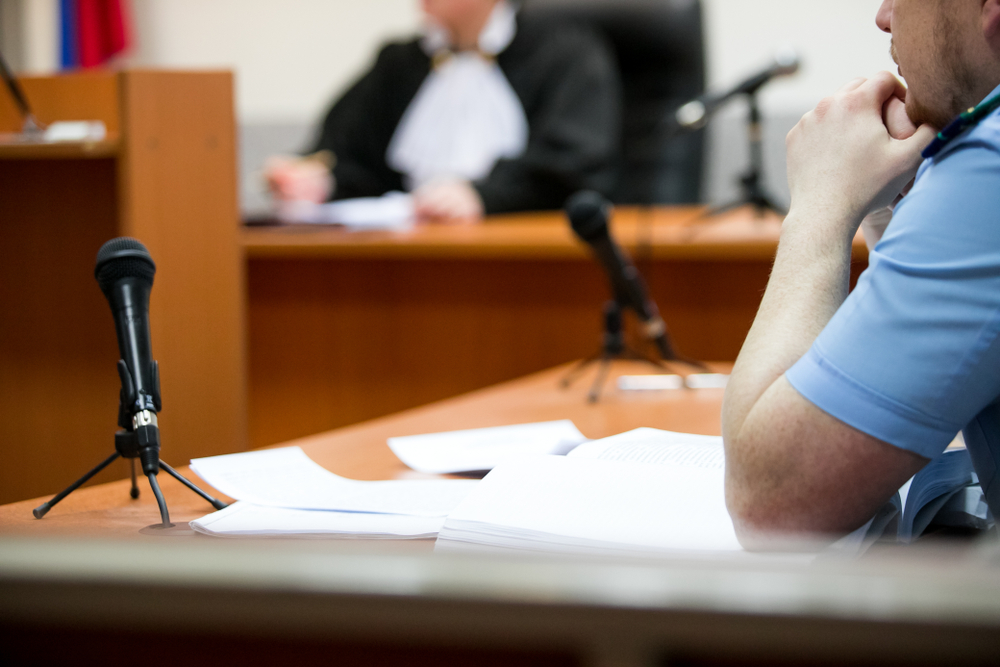After already paying out millions in damages, Johnson & Johnson is facing a large-scale multidistrict litigation regarding the links between its talcum powder and ovarian cancer in women who used the talc products for feminine hygiene purposes. A New Jersey federal judge, Hon. Freda Wolfson, is overseeing the coordination of the pretrial proceedings of the thousands of cases that are still pending. She is also responsible for conducting Daubert hearings before any of the cases can move forward.
Under Daubert, it is incumbent upon the court to decide if the science underlying the witness’ testimony is credible enough to be used at trial. The plaintiffs are offering five expert witnesses, while Johnson & Johnson is presenting three. The court hears the testimony of one witness per day, through both direct and cross-examination.
On July 22, those hearings kicked off, with Johnson & Johnson attempting to strike the opinions of 22 of plaintiffs’ medical expert witnesses, which “include biologists, physicians and epidemiologists who have concluded there is scientific evidence that talc use can cause ovarian cancer.”[1] Plaintiff’s medical experts are testifying that the talc particles, which contain asbestos, can travel up the fallopian tubes and ovaries, where they create inflammation that can result in cancerous growths. Johnson & Johnson contends that the plaintiffs’ experts “misappl[ied] scientific principles” to achieve the desired results, while the plaintiffs argue that their expert testimony is based on approximately “35 peer-reviewed studies that show a link between talcum powder and ovarian cancer.”[2] Plaintiffs have also challenged the credibility of Johnson & Johnson’s expert witnesses, one of whom has authored over 234 peer-reviewed articles.[3]
In this instance, other state jurisdictions that have already decided talc cases brought against Johnson & Johnson—and the decisions have swung both ways—may serve as exemplars for the court in deciding whether to toss the expert testimony. If the court decides that the plaintiffs’ witnesses meet the Daubert standard, she will give the green light to over 11,000 cases against the multinational corporation. If she determines that the plaintiffs’ witnesses are not credible, that will provide Johnson & Johnson with the legal ammunition to have all the cases dismissed, the existence of which has been hurting the company’s profits.
The company has already lost a number of trials that have been permitted to go before juries in various state court systems, often resulting in multi-million dollar damage awards, including large punitive damage verdicts designed to punish the manufacturer for failing to disclose the cancer risks associated with Johnson’s Baby Powder, Shower-to-Shower and other talc-based products.[4]
The court’s Daubert decisions can be appealed by either side. It may be some time before the court comes to a decision, but in either event, Judge Wolfson’s determination may serve as a benchmark in the field of medical expert witness testimony.
[1] Loftus, P. and Randazzo, S., “Johnson & Johnson Faces Key Test in Defense Against Talc-Safety Lawsuits,” Wall St. Journal (July 21, 2019), available at
https://www.wsj.com/articles/johnson-johnson-faces-key-test-in-defense-against-talc-safety-lawsuits-11563701400.
[2] Id.
[3] Malfitano, J., “Facing 12,000 lawsuits, J&J has expert testify that there is no link between talc and ovarian cancer,” Pennsylvania Record (July 24, 2019), available at https://pennrecord.com/stories/512781385-facing-12-000-lawsuits-j-j-has-expert-testify-that-there-is-no-link-between-talc-and-ovarian-cancer.
[4] Jackson, I., “Challenges to Talc Powder Expert Witnesses in MDL To Be Heard July 22,” AboutLawsuits.com (July 12, 2019), available at https://www.aboutlawsuits.com/talc-powder-expert-witness-daubert-hearings-153649/.

